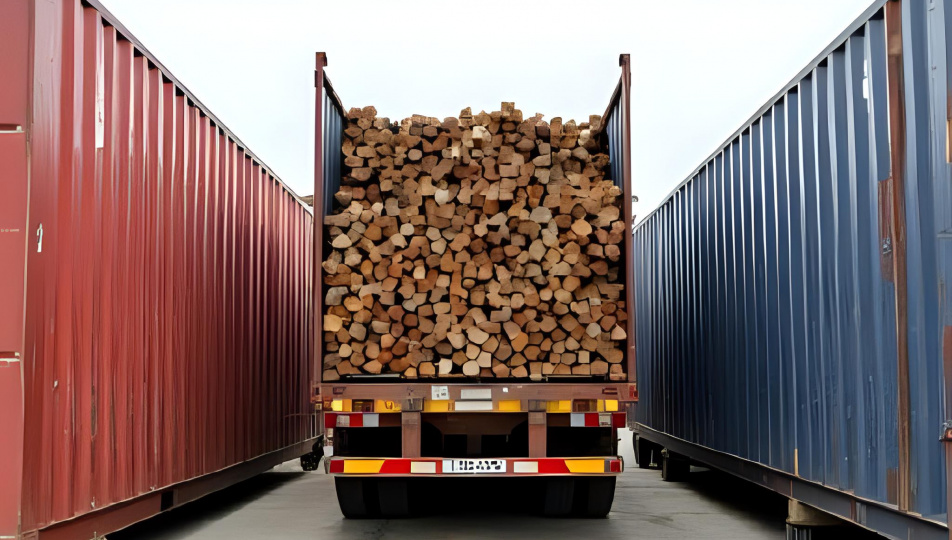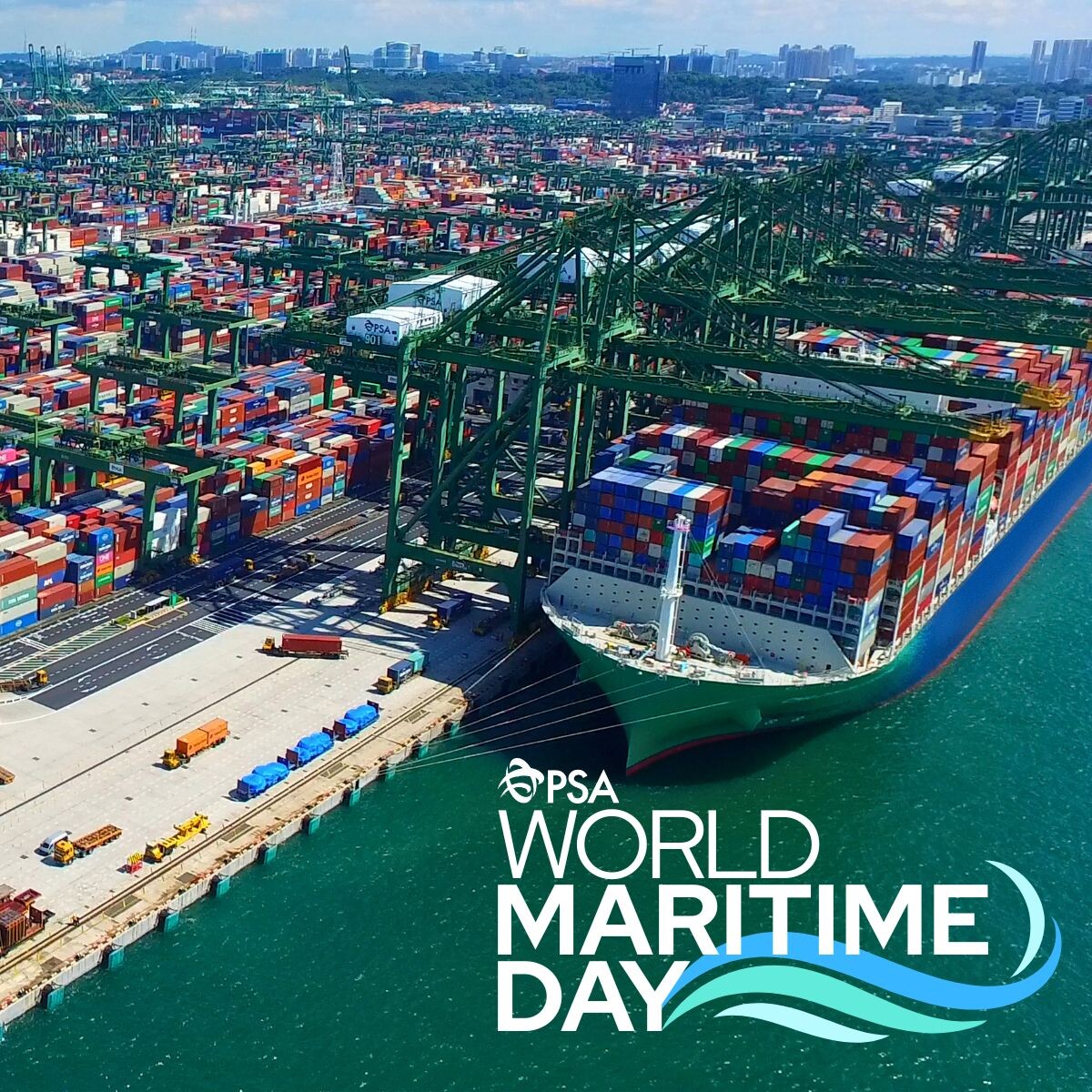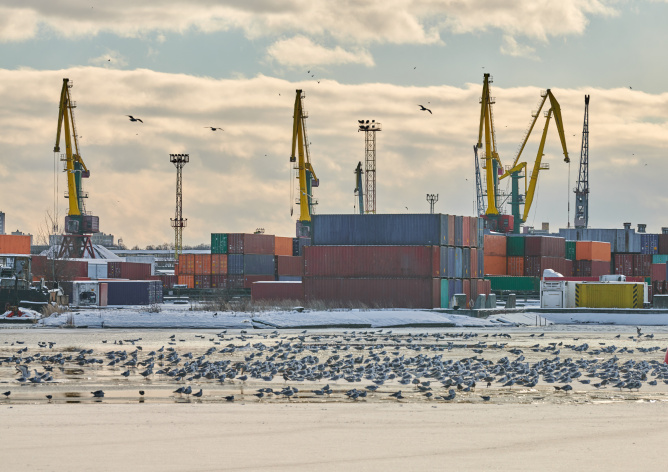Newsletter 10/2025: Actual situation in international transport

We bring you the latest overview of what is currently driving logistics: Although the EUDR (deforestation) regulation has been further postponed, the obligations for importers remain unchanged – we explain how to prepare for the comprehensive TRACES system. At the same time, we look at the impact of Typhoon Ragas in China, which effectively prolonged the disruption associated with Golden Week and thus affected your delivery times. And finally, some good news: Global container terminal capacity is set to grow massively, and we are proud to announce that PSA International remains the global leader among operators.
EUDR: POSTPONEMENT, NOT RELIEF
The EUDR (EU Regulation 2023/1115) has been in force since June 29, 2023, and applies to commodities associated with the risk of deforestation – cattle, cocoa, coffee, palm oil, soy, wood, rubber, and products made from them.
Originally, companies' obligations (due diligence – proving legal origin and non-deforestation) were to take effect on December 30, 2024. However, in October 2024, the Council of the EU adopted an amendment that postponed the deadline to December 30, 2025, for large and medium-sized enterprises and to June 30, 2026, for small and micro-enterprises.
According to a September statement by European Commissioner Jessica Roswall (2025), however, the European Commission is preparing another postponement because the TRACES system and platform are still not fully functional. The content of the regulation remains the same, only the time frame has changed.
What does this mean for you as an importer?
This is not a relaxation of the rules – only a postponement of their effectiveness. The obligations remain the same.
Set up processes for data verification and archiving and communication with suppliers:
The TRACES system will require the following data in particular:
- Geolocation data (parcel/plantation coordinates),
- Date of harvest or production
- Declaration of compliance (that the production is not from land deforested after December 31, 2020),
- Proof of legal origin according to local legislation
- Precise identification of the supply chain.
- Test the TRACES environment, which is not easy to use and requires training.

TAJFUN RAGAS: practically extended Golden Week
Typhoon Ragasa arrived in China after hitting the Philippines and Taiwan. It struck Guangdong Province, and cities such as Shenzhen, Yangjiang, and Zhuhai were significantly affected.
- Shenzhen: All ports, including Yantian, Shekou, Chiwan, Mawan, and Dachan Bay, were closed on September 22, 2025. Shenzhen Airport also suspended operations.
- Nansha: The port of Nansha in Guangdong Province was also closed.
- Hong Kong-Zhuhai-Macao Bridge: The bridge connecting Hong Kong, Zhuhai, and Macao was closed from September 22, 2025.
Operations should now be back to normal, but due to this disruption and the upcoming Golden Week (October 1-8, 2025), delivery times are expected to be extended again.

EXPECTED GROWTH AND PSA INTERNATIONAL REMAINS THE LARGEST CONTAINER TERMINAL OPERATOR
As part of the PSA BDP group, we are pleased that PSA International remains the world's largest terminal operator according to Drewry statistics, with 67.2 million TEU, representing an increase of 7.3%. Chinese giants China Merchants and COSCO occupy the next places on Drewry's podium.
Global container handling capacity is expected to grow by 4.8% or 64 million TEU in 2025, which will be the largest annual increase in absolute terms since the global financial crisis. Drewry notes that this year's forecast reflects favorable market conditions in the immediate post-pandemic period, which was characterized by widespread congestion at ports and terminals, triggering a wave of terminal modernization and expansion projects.



